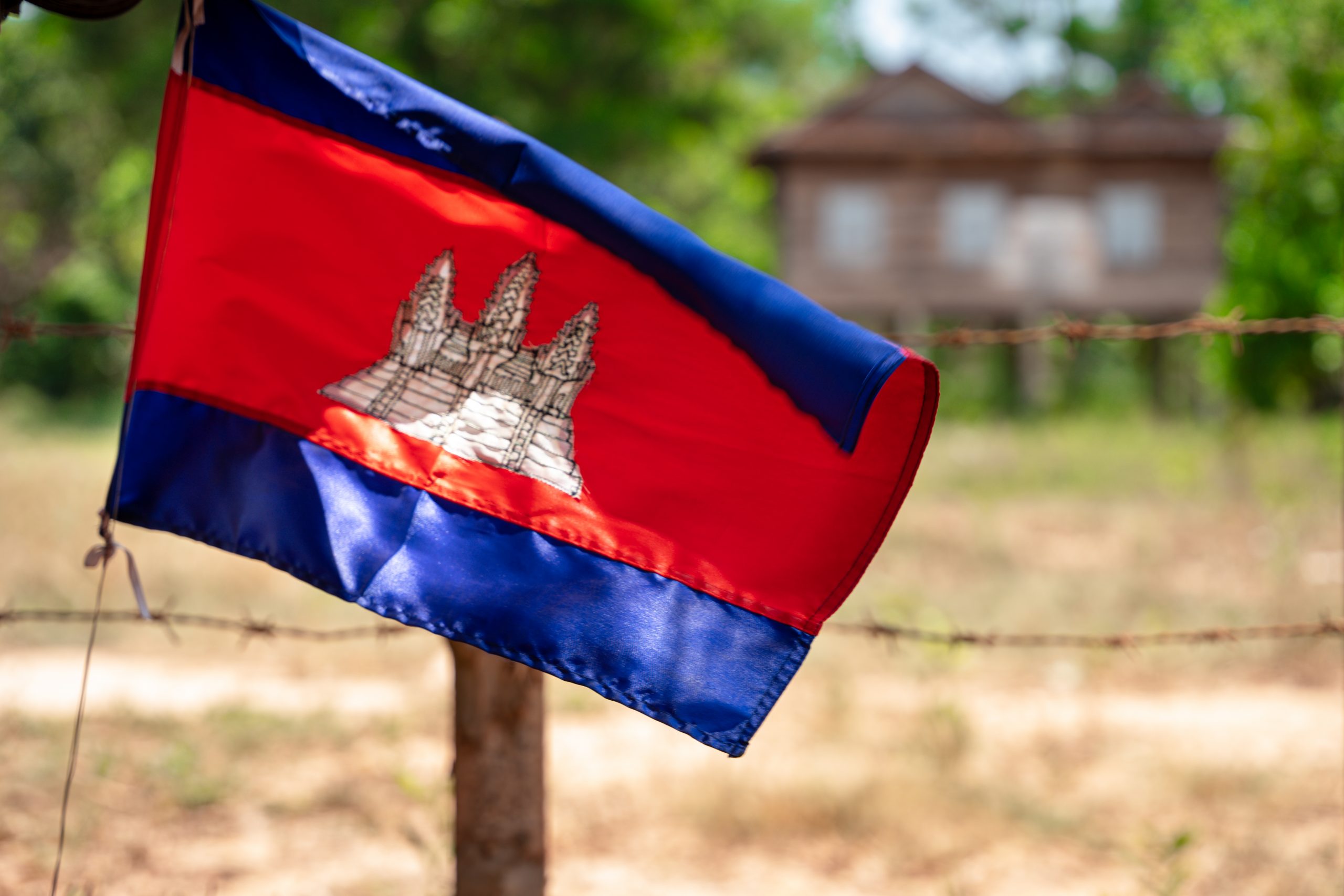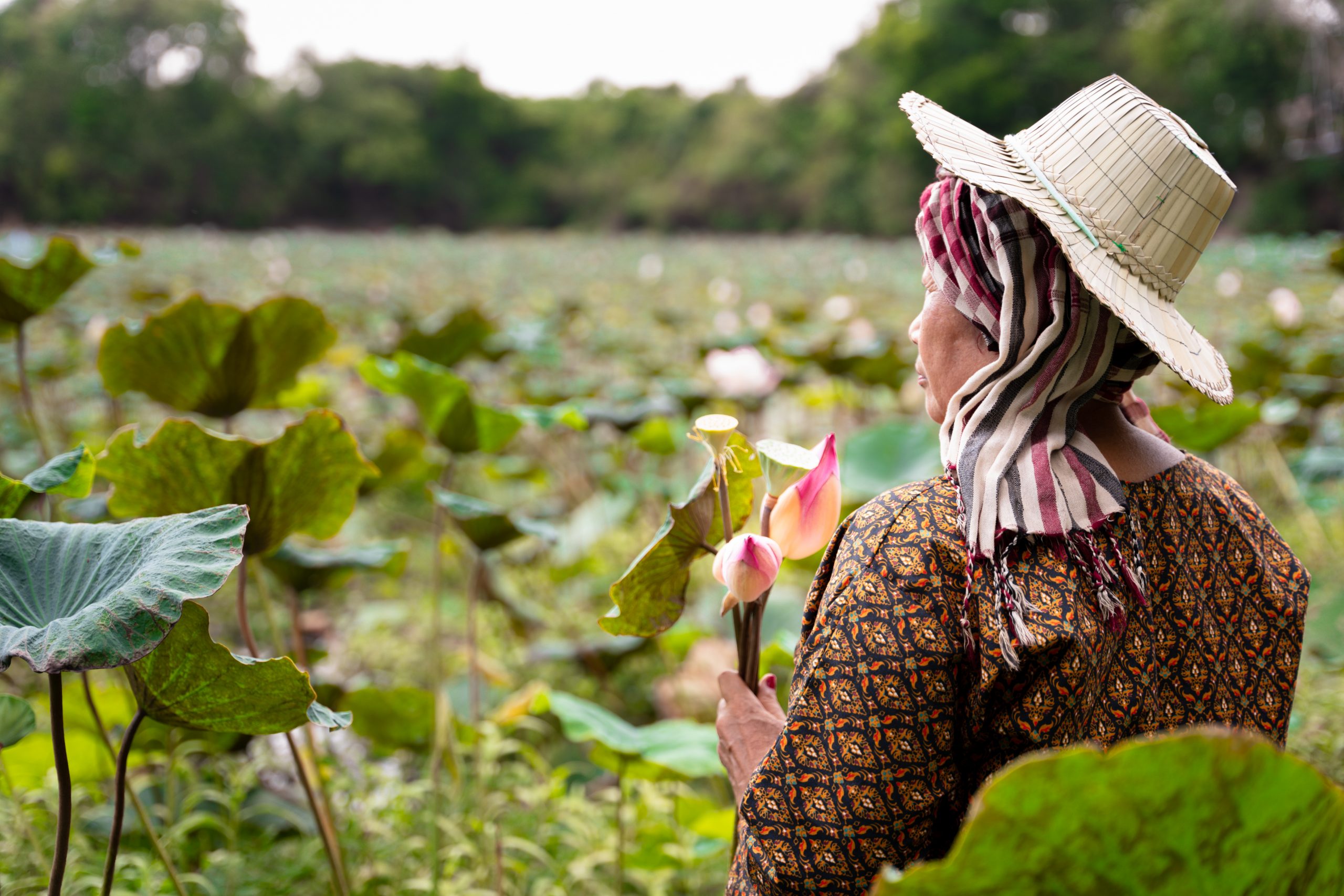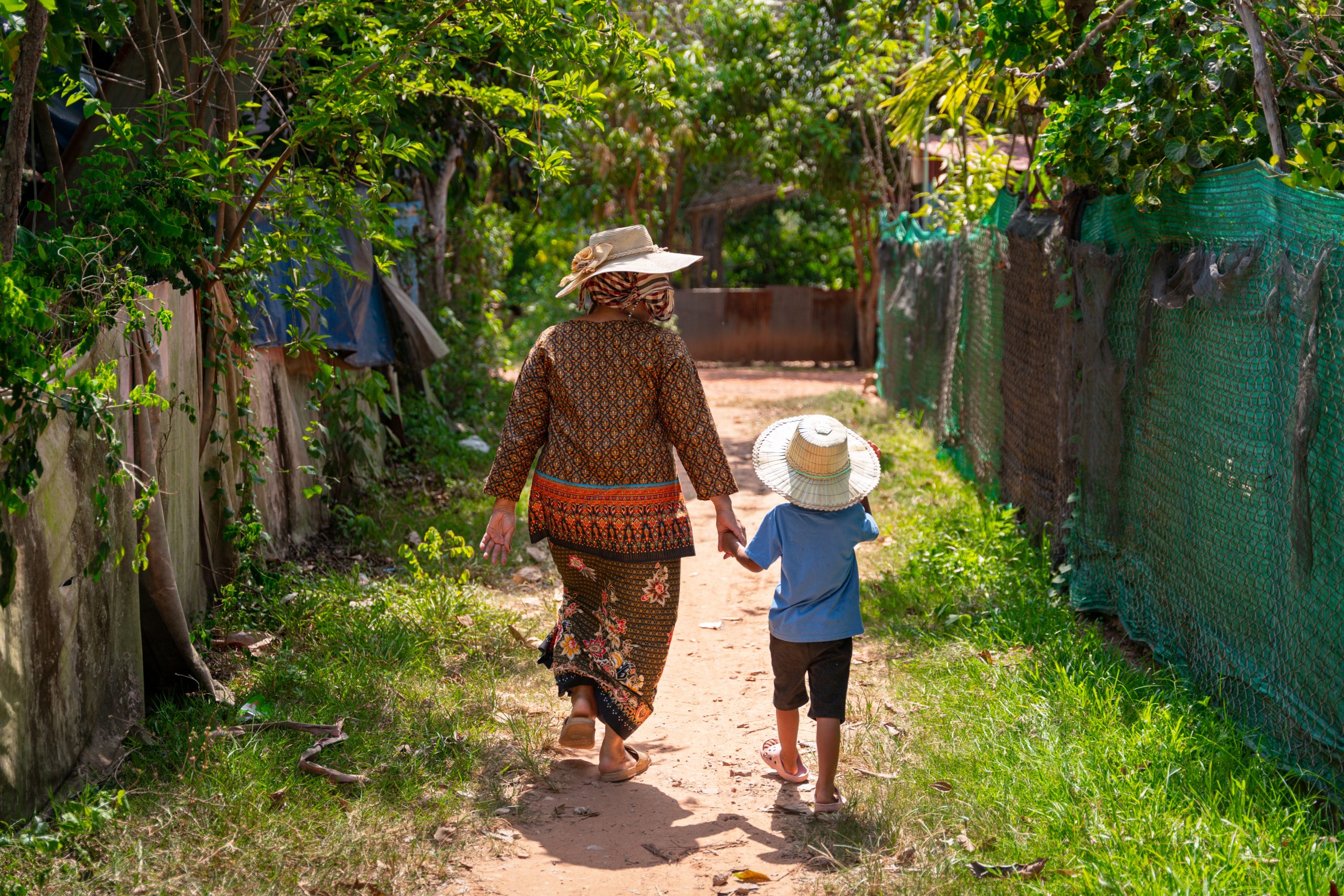In one of Southeast Asia’s most repressive political climates, traditional donor models – often pushing external priorities that can be detached from local realities – have long struggled to deliver sustainable change. Nevertheless, for decades the hardest and most politically sensitive human rights work in Cambodia has been sustained almost entirely by traditional bilateral and multilateral donors, including the United States, European Union and Sweden. However, after the sweeping political crackdown in 2017, which saw the dissolution of the main opposition party, a clampdown on independent media and the introduction of restrictive legislation targeting civil society, many of these donors began to redirect their funding away from rights-based work. By 2025, with the final withdrawal of SIDA and the abrupt halt of USAID, the deep flaws of the traditional aid and development model have now become undeniable: rigidity, a focus on short-term metrics, and a misalignment in local priorities.
Yet even as traditional international donors continue to withdraw, Cambodia’s local human rights defenders continue to stand firm, adapting and resisting against all odds.
For the past three years a small cohort of civil society organisations in Cambodia have been quietly rewriting the playbook and exploring what is possible as these donors retreat. We are piloting a different kind of thinking that is not dependent on traditional funding. Operating on threadbare budgets, we are exploring how we can mobilise in a new ecosystem that leans into the power of solidarity, reclaiming community-rooted strategies, and re-imagining a new network of support. We have asked the question: what can we do today to drive change in tomorrow’s new reality?
It has not been without challenges, but we are embracing slow change that is locally-led, culturally sensitive and responsive. And, in turn, this presents an opportunity for funders who are committed to localisation to think more deeply about their impact and what types of models are truly scalable moving forward.

Restorative justice without the jargon.
The Cambodian Human Rights Action Coalition (CHRAC) works with communities affected by land and labor rights violations who often struggle to access justice. CHRAC’s mission is to make the justice system more inclusive, accessible, and accountable.
In response to the challenge of shrinking funding and the need to reimagine how justice work is sustained, CHRAC recently held an “Evening of Hope”. It was a powerful example of what community-rooted justice can look like, even within a complex political climate. There were no logframes, no outcome indicators. Just people coming together, telling their stories and feeling heard. The event brought together survivors of human rights violations, communities, and legal professionals for a night of storytelling, music, and solidarity. It cost nothing but relied on in-kind donations and community effort. It brought healing and peace for those who spoke. In doing so, it modelled restorative justice in practice without ever naming it. The experience reminds us that meaningful change often begins not with strategy documents or fancy words, but with listening.
Hustle and adaptation in Mondulkiri.
The Community Legal Education Center (CLEC) works with indigenous communities in Mondulkiri who face legal threats to their land and have little access to reliable information or legal education. CLEC’s focus is to bridge the information gap with context-specific, rights-based training that empowers local leaders.
Faced with similar constraints, CLEC found its own way to meet urgent needs despite having limited means. Responding to community concerns, in 2024, CLEC trained 25 indigenous leaders on digital rights and freedom of information with no funding. They sourced phone cards to support internet access, used Telegram to overcome poor connectivity, and tailored legal education to their audience’s realities. This was not a pilot. It was practical, immediate impact delivered with creativity and deep community relationships. CLEC’s work shows what is possible when organisations are trusted to lead and adapt.
Legal empowerment, interrupted.
Since 1996, Legal Aid Cambodia (LAC) has set out to address the severe lack of legal support for people in conflict with the law, including children. However, with the withdrawal of key donors, LAC no longer has a dedicated program to support children in conflict with the law. While legal services for children are now formally provided by the state, the system remains overburdened and under-resourced. In practice, without LAC’s involvement, there is almost no meaningful legal aid available for this group, leaving children vulnerable to abuse, coercion, and prolonged detention. The consequences are stark: the prison population of children has skyrocketed with over 4,000 children, held mostly in adult prisons throughout the country, having very little access to legal or social support**. LAC’s goal was to develop low-cost, scalable tools to help children understand and exercise their legal rights.
LAC developed legal empowerment brochures that explained, in accessible language, what children are entitled to under Cambodian law. Lawyers were ready to deliver pro bono training. Prisons were engaged and open to collaboration. Everything was in place, but the project stalled. Why? Because they could not source the five hundred dollars needed to print the materials. The planning, skills, and commitment were all there. What was missing was a modest cost that could have unlocked real, tangible impact.

Beyond the traditional grant cycle.
These are not isolated stories. They are proof points. Funding for work that directly responds to and protects human rights violations in the Global South is among the least supported areas within the human rights sector. This is true even despite the fact that these communities bear the greatest safety and security risks when confronting these violations. Cambodian civil society organisations are not waiting for permission or funding to protect human rights. They are already doing it with whatever tools they have. This is because Cambodia’s civil society knows all too well that they are not just a support system to empower. They are a lifeline.
But without new networks, champions, and visibility, this new model to fund critical human rights work remains fragile and vulnerable to burnout.
As a development practitioner working closely with grassroots human rights organisations for over a decade in South-East Asia, and particularly Cambodia, I have seen firsthand that these organisations do not lack innovation or impact. What they are missing is funding that matches their pace, their model, their reality. The core problem is not capacity. It is the misalignment between donor expectations and local approaches. Philanthropy, in particular, holds the power to change this. It can move quickly, fund flexibly, and take the kinds of risks traditional aid avoids. And most importantly, it can step in where others step back, to resource the hard, often-overlooked work of safeguarding those on the front lines of human rights.
This is not just a shift in funding strategy. It is a shift in mindset. So the question that remains is simply: are there progressive funders out there – ones who see locally-led human rights work not as risky or marginal but as essential to building lasting change?
——————————-

Kate Flower is an Australian lawyer and international development practitioner with over 15 years of experience transforming justice systems and championing human rights. With a career spanning grassroots activism to high-level policy reform, she specialises in strengthening justice institutions, empowering local defenders, and driving sustainable, community-led access to justice, particularly in Cambodia. Passionate about locally driven change and practical impact, Kate collaborates with justice actors to build fairer, more resilient legal systems from the ground up.
**Data is currently unpublished but can be discussed with Kate upon request. You can also reach out to Kate to learn more or explore ways to support locally led justice efforts in Cambodia.
All images in this piece have been provided by Marady Nit who is a photographer from Siem Reap, Cambodia. Raised in a village at the foot of Angkor Wat and educated through a local NGO school, his work captures moments of quiet beauty and human connection in everyday life.
